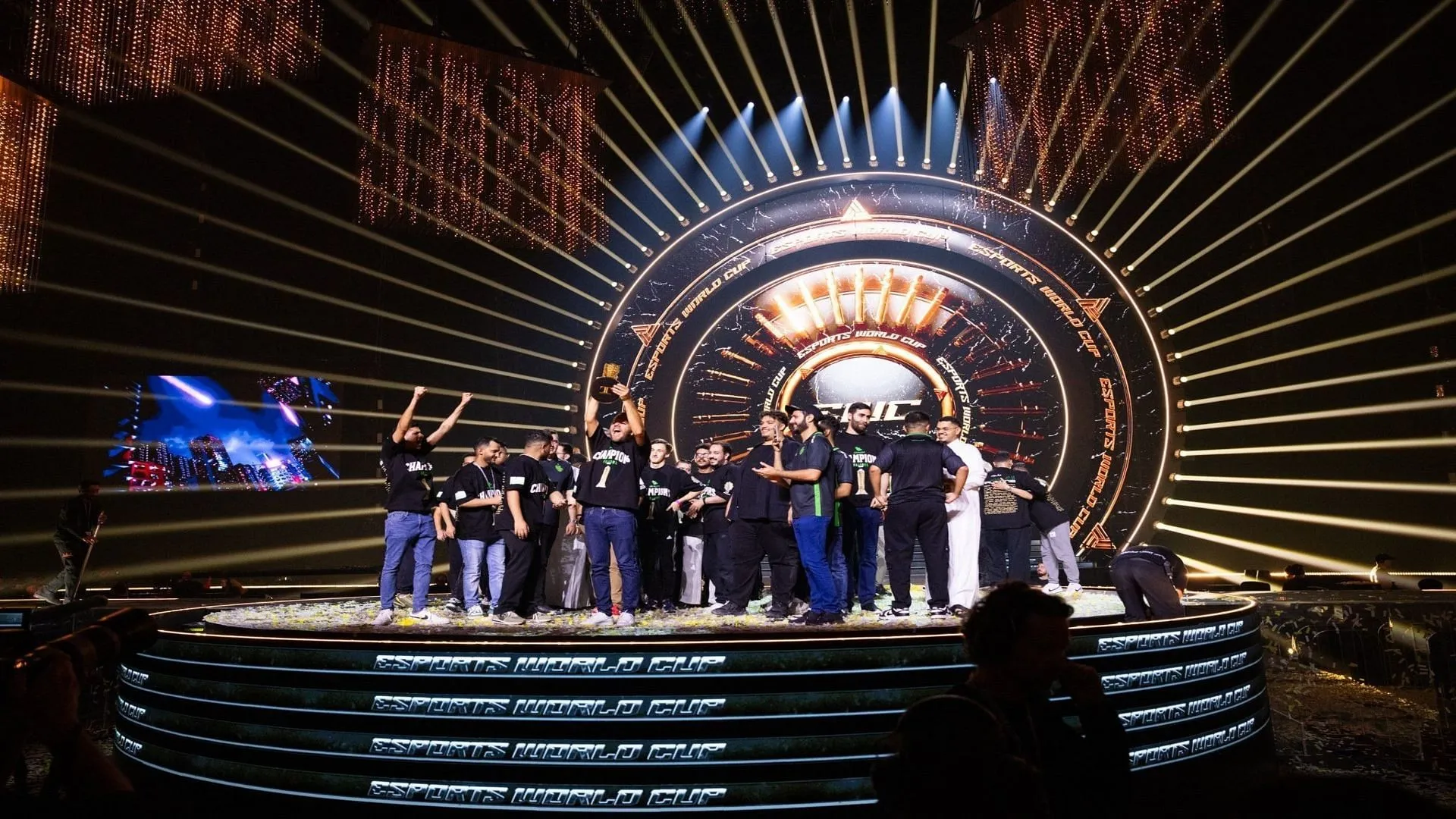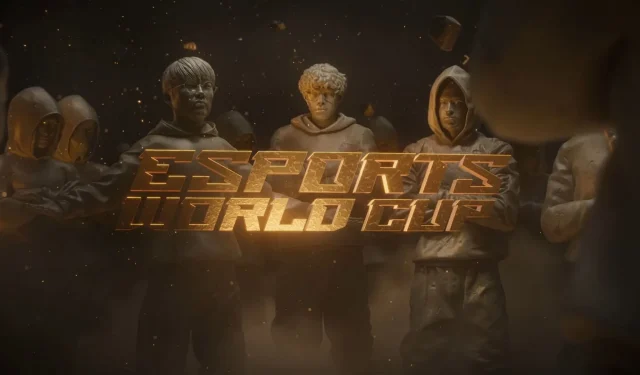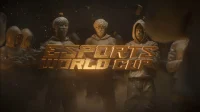The Esports World Cup (EWC), a significant international esports competition organized by the Esports World Cup Foundation, made its debut in 2024. The inaugural event showcased an impressive array of over 20 gaming titles, including popular favorites such as PUBG, CS2, Apex Legends, and Rainbow Six Siege. However, this landmark event was not without its share of controversy, facing accusations of being a vehicle for ‘sportswashing’—a term referring to the strategic use of sports investments to divert public attention from larger societal issues.
Saudi Arabia, the host nation for the EWC, has frequently drawn scrutiny from human rights organizations due to its controversial human rights record. A report released by Human Rights Watch in 2018 criticized the country for its ongoing discrimination against marginalized groups. As the EWC prepares to return in 2025, these issues have resurfaced, reigniting debates around the ethical implications of hosting such a prominent tournament in Saudi Arabia.
Decoding the Esports World Cup Controversy Ahead of EWC 2025
The EWC’s operations are substantially funded by Saudi Arabia’s Public Investment Fund, enabling the tournament to boast a staggering prize pool exceeding $60 million. While this financial allure attracts participants and viewers, it also raises questions about the ethical dimensions of accepting such funding.

Human rights organizations, including Amnesty International, have consistently condemned Saudi Arabia for various human rights violations and the suppression of free expression. An alarming report submitted to the United Nations by the Building and Wood Workers’ International highlighted the exploitation of migrant workers in the kingdom.
In 2021, Amnesty International also documented a crackdown on journalists and activists, framing it as a direct assault on free speech. Furthermore, Saudi Arabia’s notable limitations on LGBTQ+ rights have drawn significant international criticism, as same-sex relationships are criminalized, resulting in severe penalties for those involved.
These human rights concerns contribute to the ongoing global scrutiny of Saudi Arabia, forming the backdrop for accusations of sportswashing surrounding the EWC. The event, effectively a showcase for the nation’s soft power, has become emblematic of the dichotomy between entertainment and ethics.
“Everyone can participate in the competition and no-one will be discriminated against. That’s a promise we can give.”
– Ralf Reichert, CEO of the EWC Foundation, during an interview with BBC in 2024.
Reichert also urged attendees to respect local customs during their visit, emphasizing the importance of adhering to cultural norms while in Saudi Arabia:
“So what we’re telling everyone, right, is don’t be explicit with some of the local-cultural norms right. Stay to them, but it’s not who you are, it’s just how you almost act locally to respect the local culture and I think that’s fair.”
Amidst the ongoing discourse, notable figures within the gaming community, such as Caleb Simmons and Alex “Goldenboy”Mendez, have distanced themselves from the Esports World Cup. Mendez publicly expressed a misalignment of personal and professional values with the event orchestrated by the Saudi government, highlighting the tensions between individual beliefs and industry practices.


